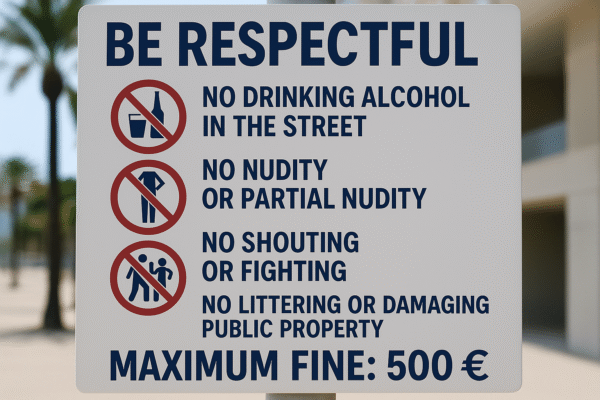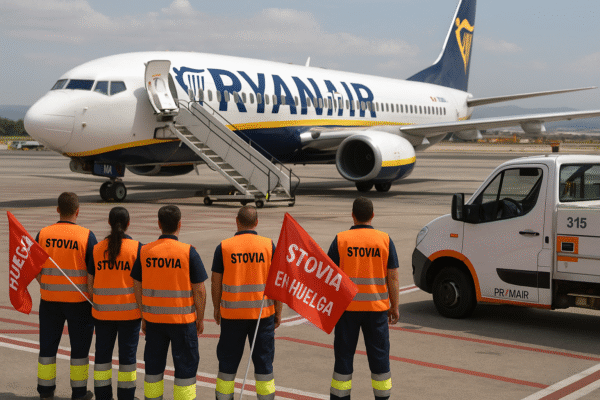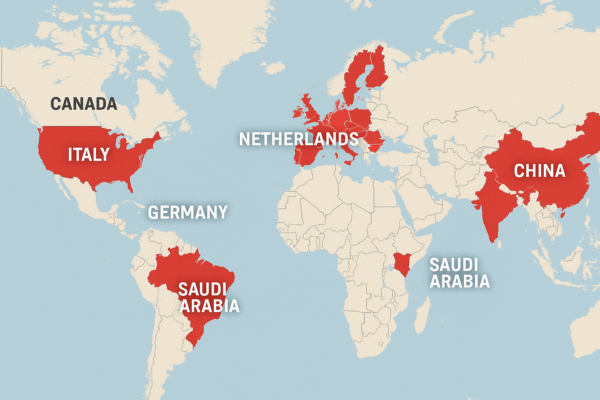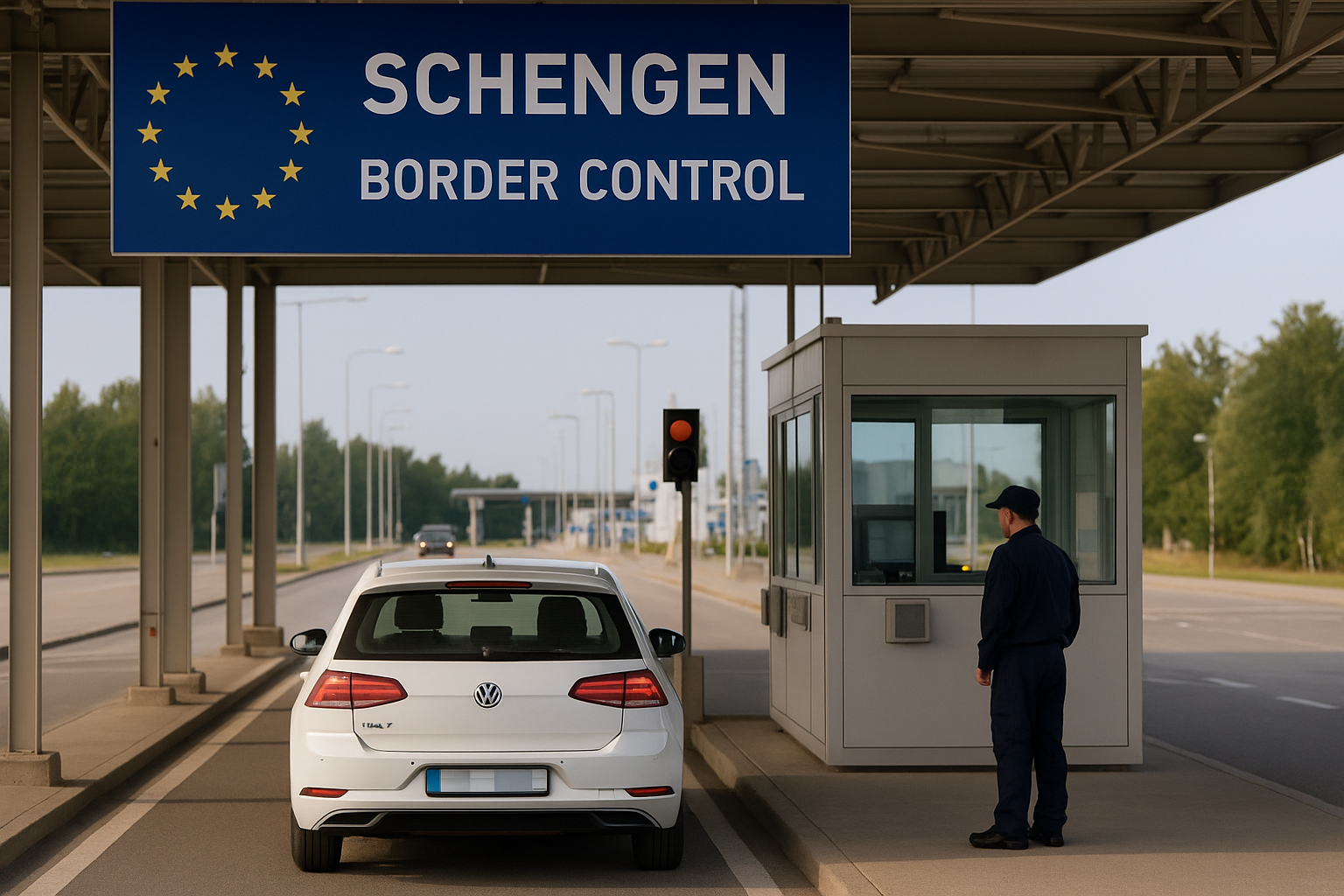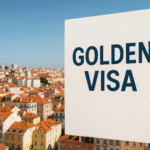n a major move aimed at safeguarding regional security, Poland, along with the Baltic and Nordic countries, is spearheading a proposal to ban Schengen Area entry for Russian nationals who participated in the war against Ukraine. The call follows a summit of interior ministers from these countries on June 19, 2025, amid rising concerns over the threat posed by Russian combatants and their potential role in hybrid operations against the European Union.
Unified Action to Strengthen Schengen Security
At the meeting, held to review ongoing geopolitical risks and reinforce the EU’s external border policies, ministers from Poland, Estonia, Latvia, Lithuania, Finland, Sweden, Denmark, and Norway agreed on a joint approach to restrict visas and residence permits for Russians with military involvement in Ukraine.
“There are hundreds of thousands of Russian citizens who have fought against Ukraine. We must take a clear stance; these individuals cannot freely travel across Schengen,” said Estonian Interior Minister Igor Taro, stressing the critical national security implications.
Taro further clarified that no residence permits or visas would be issued to such individuals, characterizing the group as one that “poses a very significant security threat to all of us.”
From Regional to Bloc-Wide Policy
This proposed ban, though led by countries bordering or near Russia, could evolve into a Schengen-wide policy if adopted by other EU member states. The countries involved in the June 19 meeting are now calling on the broader Schengen bloc to follow suit, citing the need for coordinated action to protect the integrity of the area’s open-border system.
In a joint statement, the interior ministers declared:
“Member States should take all necessary measures to ensure that individuals who are or have been contracted by the Russian armed forces or other armed groups acting on behalf of the regime are not allowed to undermine our security or move freely within the Schengen Area.”
This call reflects a growing consensus in Europe that military-linked travelers could serve as conduits for Russian espionage, sabotage, and propaganda, especially as the EU faces heightened hybrid threats.
Visa Scrutiny Tightens Amid Sanctions
The initiative builds on earlier national measures taken since Russia’s full-scale invasion of Ukraine in February 2022. Countries like Latvia, Lithuania, and Finland had already introduced stricter visa requirements and entry bans for Russian nationals.
However, despite ongoing EU sanctions and diplomatic tensions, Russian nationals still make up one of the largest visa applicant groups. According to SchengenVisaInfo.com, Russians ranked fifth in the number of Schengen visa applications in 2024. This statistic highlights the urgency of coordinated restrictions to close potential security loopholes.
While several member states have ceased processing visa applications from Russian citizens altogether, others have applied filters based on purpose of travel, such as tourism, education, or work. The new proposal calls for additional filters based on military history, to be verified during the visa application process.
Rising Threat of Hybrid Warfare
The decision comes against the backdrop of rising concern over Russia’s hybrid operations targeting European nations. EU intelligence agencies, including the European External Action Service (EEAS), have warned of state-sponsored sabotage, cyber intrusions, and arson attacks suspected to be orchestrated by or connected to Russia.
Estonian intelligence has consistently raised alarms over covert Russian operatives, while Lithuanian and Polish officials have reported multiple attempted disruptions at border areas, military facilities, and critical infrastructure sites.
This convergence of hybrid and traditional threats has made it increasingly difficult for European governments to separate migration management from national defense—especially as some individuals with combat experience attempt to enter the EU using civilian cover stories or false documentation.
Balancing Rights and Security
While the proposal is rooted in urgent national security concerns, it raises complex questions about due process and human rights. Legal experts and advocacy groups like Amnesty International caution against broad nationality-based exclusions and call for individual vetting systems to avoid punishing those who may have been coerced into military service or are fleeing persecution.
Nonetheless, countries on the EU’s eastern flank are firm in their position. Poland, which has been on the frontline of supporting Ukraine militarily and logistically, backs Estonia’s call for a zero-tolerance policy on suspected combatants.
The Path Forward
For the visa ban to take full effect across the Schengen Area, it would need endorsement at the EU Council level, possibly as an amendment to the Schengen Borders Code or under Article 25 of the Visa Code, which allows temporary derogations on public security grounds.
In the meantime, the Baltic and Nordic countries, as well as Poland, may move forward with national-level visa suspensions and implement enhanced screening protocols. These could include military background checks, biometric vetting, and intelligence sharing among border agencies.
As the Russia-Ukraine conflict enters its fourth year, this proposal represents a major shift in Europe’s visa policy landscape—one where mobility, security, and accountability are increasingly interlinked.
For more travel news like this, keep reading Global Travel Wire




